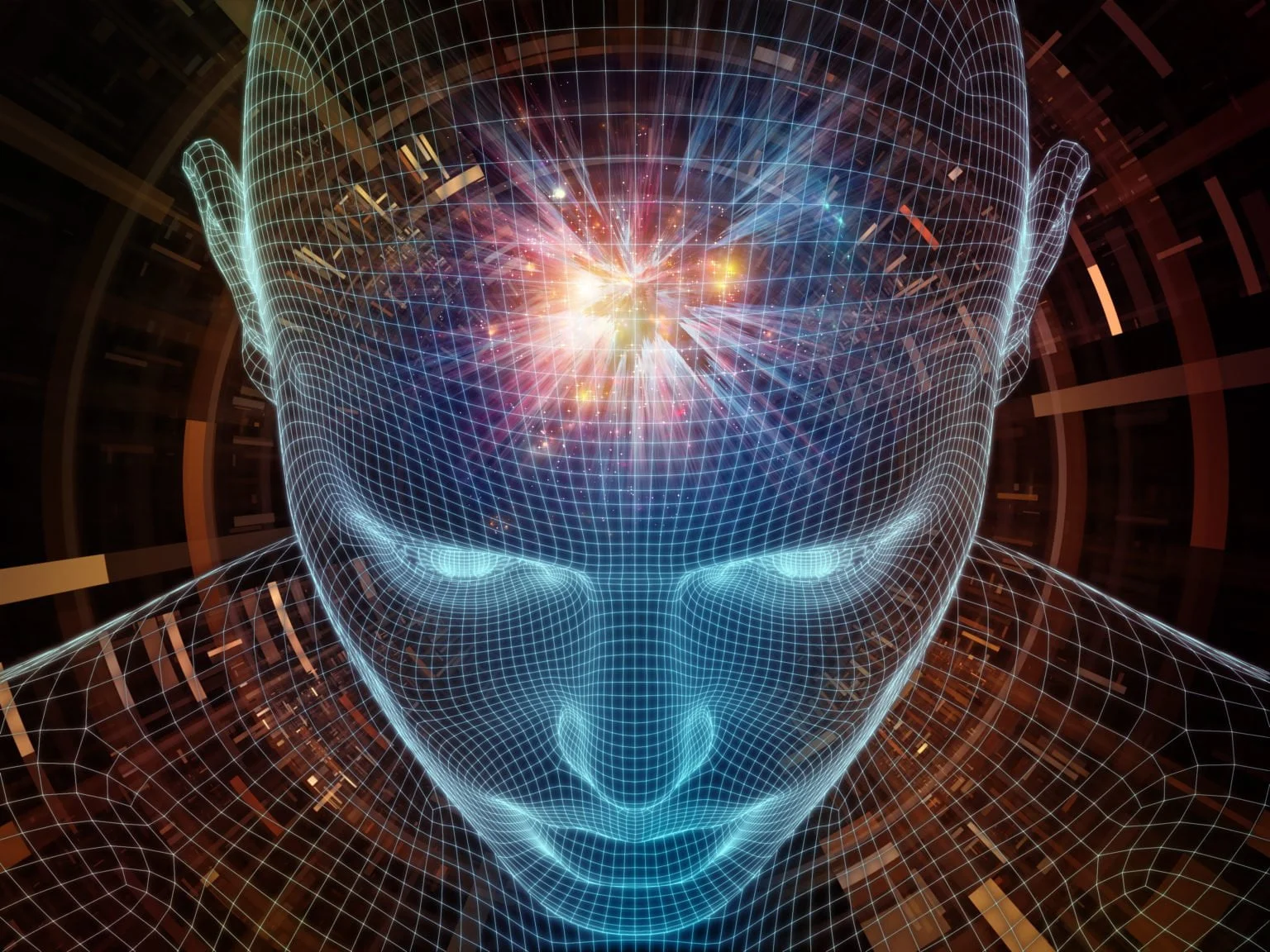
Artificial intelligence has learned many things at the moment, from programming to creating a map of human proteins. In this regard, many are seriously afraid of the realization of a scenario from science fiction like the Terminator.
So, Ilya Sutskever, a leading employee of the non-profit AI development company OpenAI, shared on Twitter the opinion that large neural networks already have a small consciousness. His statement did not leave several colleagues in the industry indifferent.
The independent social technologist Jürgen Geuter was the first to speak. He considered Sutzkever's point of view unrealistic and lacking any objective basis. He also admitted that such statements could just be a publicity stunt for a new startup with simple statistics.
Toby Walsh, an artificial intelligence researcher at the University of New South Wales, considered this opinion of a colleague as speculation on the topic and called for attention to more realistic problems associated with AI. Valentino Zocca, vice president of Citi, expressed a similar opinion about the overblown hype.
Associate professor at the IT University of Copenhagen, Leon Derzhinsky, jokingly said that the probability of an AI being conscious is lower than the probability of an ordinary kettle rotating around the Sun in orbit between Earth and Mars.
Sutzkever did not support his opinion with any concrete examples. He was probably referring to the GPT-3 large neural networks, which are an artificial intelligence-based text generator that produces over 4.5 billion words daily.
So, Ilya Sutskever, a leading employee of the non-profit AI development company OpenAI, shared on Twitter the opinion that large neural networks already have a small consciousness. His statement did not leave several colleagues in the industry indifferent.
it may be that today's large neural networks are slightly conscious
— Ilya Sutskever (@ilyasut) February 9, 2022
The independent social technologist Jürgen Geuter was the first to speak. He considered Sutzkever's point of view unrealistic and lacking any objective basis. He also admitted that such statements could just be a publicity stunt for a new startup with simple statistics.
It may also be that this take has no basis in reality and is just a sales pitch to claim magical tech capabilities for a startup that runs very simple statistics, just a lot of them. https://t.co/Cbzslh6DLd
— tante (@tante) February 11, 2022
Toby Walsh, an artificial intelligence researcher at the University of New South Wales, considered this opinion of a colleague as speculation on the topic and called for attention to more realistic problems associated with AI. Valentino Zocca, vice president of Citi, expressed a similar opinion about the overblown hype.
Every time such speculative comments get an airing, it takes months of effort to get the conversation back to the more realistic opportunities and threats posed by AI .... https://t.co/F9fsM6st2S
— Toby Walsh. Hiring PhDs. 💉💉💉 (@TobyWalsh) February 11, 2022
Associate professor at the IT University of Copenhagen, Leon Derzhinsky, jokingly said that the probability of an AI being conscious is lower than the probability of an ordinary kettle rotating around the Sun in orbit between Earth and Mars.
It may be that there's a teapot orbiting the sun somewhere between earth and mars. This seems more reasonable than Ilya's musing, in fact, because the apparatus for orbit exists, and we have good definitions of teapots. https://t.co/wL6QIhpSg4
— Leon Derczynski ❄️🔥📝 (@LeonDerczynski) February 10, 2022
Sutzkever did not support his opinion with any concrete examples. He was probably referring to the GPT-3 large neural networks, which are an artificial intelligence-based text generator that produces over 4.5 billion words daily.
Login or register to post comments
Comments 0